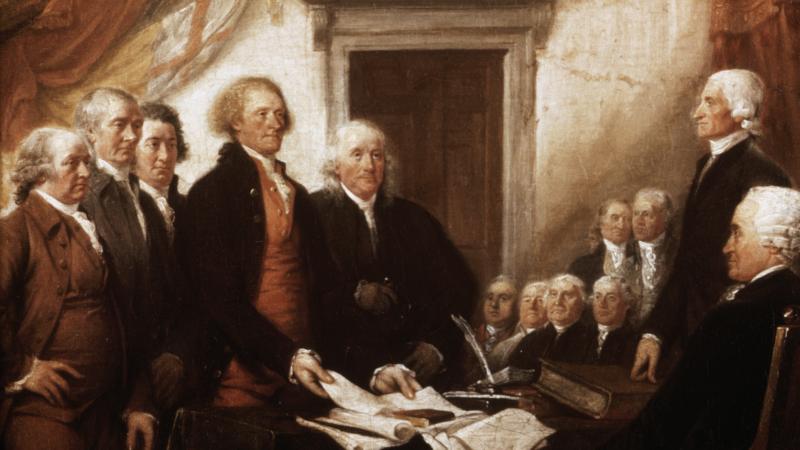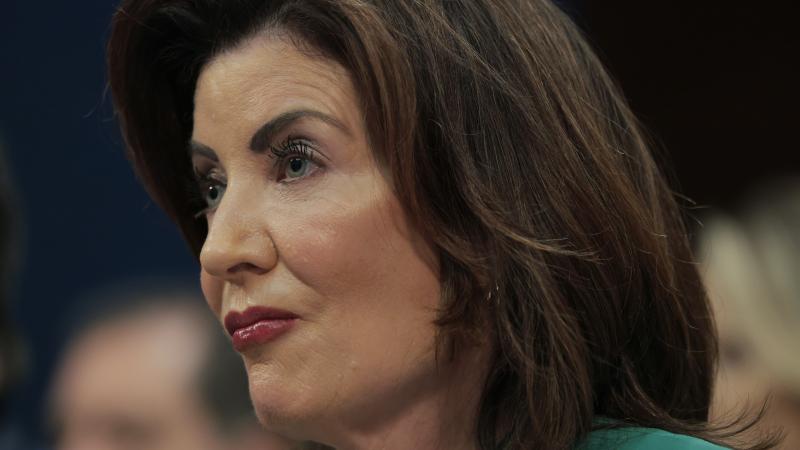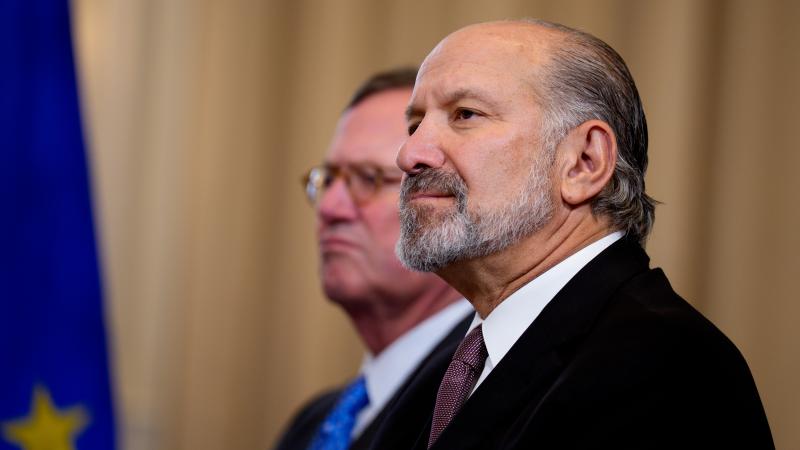Iowa legislation seeks to bans teaching gender-neutral words in foreign language classes
Sponsoring laws says he introduced the bill after hearing concerns from some teachers.
An Iowa lawmaker wants to ban the teaching of gender-neutral words in languages that use the grammatical gender system in the state's high schools.
For example, the Spanish language assigns masculine and feminine articles to words.
Rep. Bill Gustoff, R-Des Moines, said he introduced the bill after hearing concerns from some teachers, whom he did not identify during a meeting of the House Education Subcommittee on Monday.
The bill adds further confusion in light of a court case surrounding Senate File 496. It was passed by lawmakers last year and signed by Gov. Kim Reynolds, according to Melissa Peterson, legislative and policy director for the Iowa State Education Association. A federal judge struck down the law, which would remove LGBTQ books from school libraries and address how sexuality is taught in the classroom.
"We don't think the legislation is necessary and we look forward to learning of the outcome of Senate File 496," Peterson said.
Rep. Heather Matson, D-Ankeny, said she was concerned about telling teachers they cannot accurately describe what words mean, whether in English or a foreign language and that Gustoff said some teachers were feeling threatened over the issue.
"Just saying 'I'm hearing from teachers' and saying like, 'this is what they're saying without being able to substantiate it and filing legislation that, in my opinion, is legislative overreach is concerning to me," Matson said.
Oliva Bardwell of Iowans for Freedom said in an online comment she supports the bill.
"Our children have been confused enough about gender by social media, the entertainment industry and organizations like the ALA," Bardwell said. "Providing young Iowans a space in our public education system where they can learn without being further confused by the idea that gender is somehow a fluid concept is important for their mental health."
The bill passed the subcommittee and now goes to the House Education Committee.















